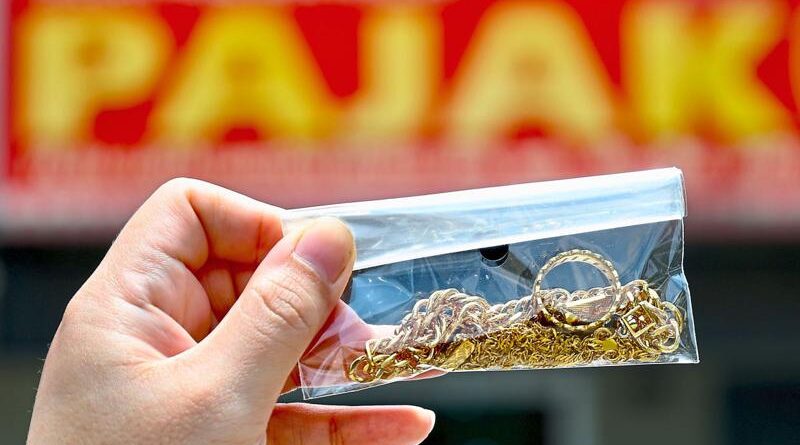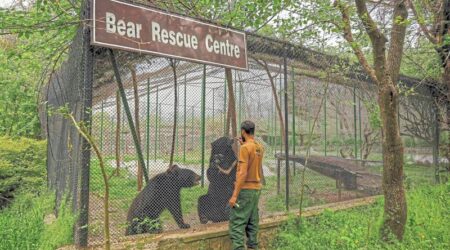Pawnshops need help to stay afloat
PETALING JAYA: Fierce competition from larger and financially stronger players are hitting smaller and traditional pawnbroking business, prompting industry players to ask the government to intervene to ensure healthy competition.
Malaysia Pawnbrokers Association said it was time for the government to introduce regulatory reforms to ensure pawnshops’ sustainability and equitable competition in the evolving financial market.
ALSO READ: Pawnbrokers provide a lifeline
Its president Ho Kuek Guwang said many small-scale and traditional pawnshops are struggling and the situation is compounded by outdated laws to regulate the industry.
“The pawn industry in Malaysia has been around for over a century. However, the aggressive expansion of large pawnshop chains here and in neighbouring countries has led to fierce competition in the region.
“This is troubling for traditional pawnshops, pushing them into a vicious cycle of competition.”
Ho, who has been in the industry for several decades in Johor, said the current industry is “messy”, with interest rates sometimes dropping to as low as 0.8%.
“Some corporations even offer a shorter repayment of only three months or four months of pawn term, making it extremely hard for smaller shops to cope,” he said.
He admitted that although such competitions are no doubt good for customers, they are hurting the smaller and traditional pawnshops.
“If this situation continues, about 40% of the market might fall under the control of major corporations, leading to the closure of many smaller pawnshops,” he said.
Ho noted that the Pawnbrokers Act 1972 has not been amended, restricting the development of the pawnbroking industry in Malaysia, while other countries have moved on to offer more diverse services to customers.
“We call on the government to temporarily stop issuing new pawnbroker licences to allow some breathing space for the industry.
“To prevent market saturation, there should be a three-year moratorium on new licence issuance to allow for market consolidation.
“The moratorium will also allow traditional pawnshops to improve their services, bridging the gap between them and the larger financial corporations.
“The government should also amend the Act to rejuvenate the market, foster a healthier operational environment, and protect the rights of pawnbrokers and clients,” he said.
Despite not being part of government financial institutions, Ho said pawnshops have been crucial in the private financial sector, as well as the country’s economic development.
“If we recall what happened during the start of the Covid-19 pandemic several years ago, pawnshops have proven useful for the lower-income groups, offering immediate pawn services, and providing quick solutions to their urgent financial needs.
“There are about 900 pawnshops nationwide, where each operator pays RM40,000 on average in licence renewal every two years to the government. With the business tax, the amount is still a good contribution to the government’s coffer.
“The pawn industry’s evolution mirrors the changing landscape of finance in both domestic and international contexts. As traditional pawnshops face modern challenges, we hope the government will do us right,” he said.
Ho said gold jewellery made up more than 90% of pawned items, followed by luxury watches and branded handbags, which have become popular in recent years.
Checks by The Star in the PJ Old Town found that most pawn shops accept gold and silver, as well as branded watches, and most had a constant flow of customers.
A pawnshop employee who wished to be known as Wong said business would pick up during Hari Raya and Deepavali celebrations.
“This month and last month, we have had more activity with customers wanting to pawn or redeem their items.”
Wong, who has been working for seven years, said there have been more competition with other pawnshops cropping up in the area, he said.
“There is also competition from Islamic pawnshops, which hold a different licence but operate very similarly. It is like for banks where there is Islamic finance and conventional banking,” he added.
As a smaller player in the pawn industry, Wong said there is a gap between them and the bigger players.
“Bigger pawnshops have more cash flow, but we focus on our area and specialty,” he said.













Leave a Reply